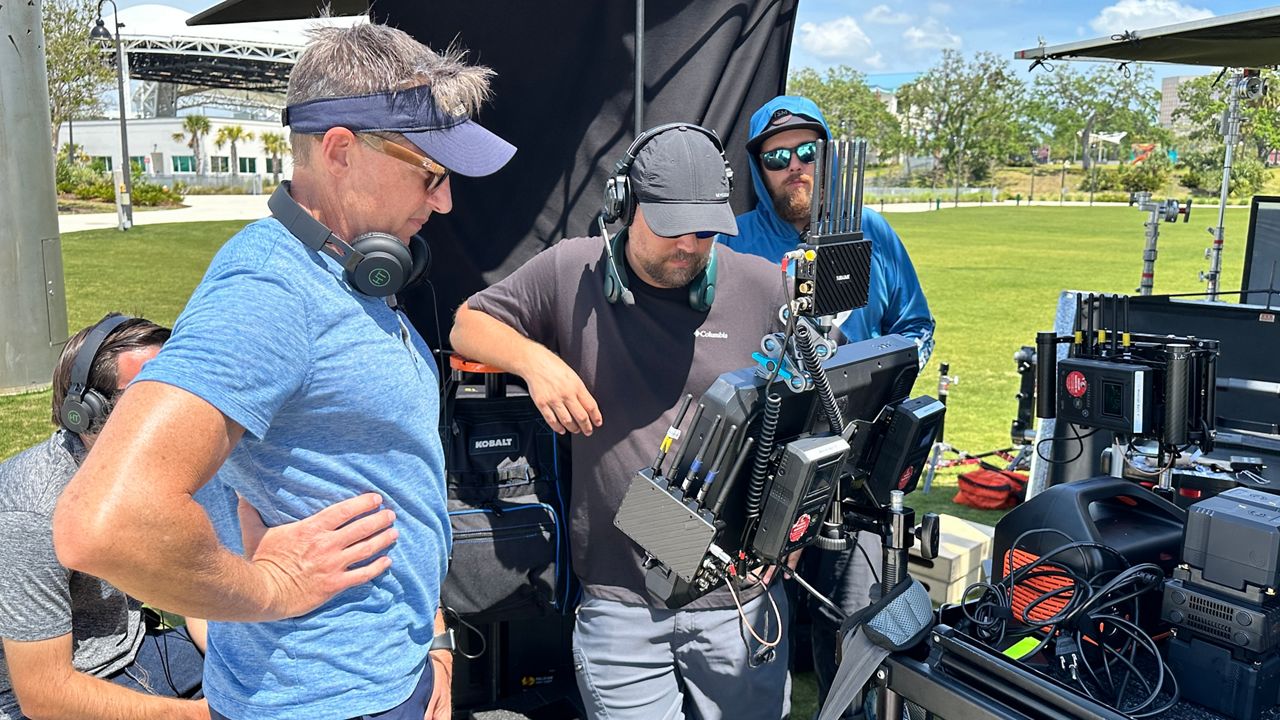ST. PETERSBURG, Fla. — St. Petersburg’s chief of police is hoping to double the amount of automatic license plate readers installed across the city.
In 2022, the St. Pete Police Department began a pilot program with Flock Safety and installed 25 high-speed license plate detection cameras.
The license plate readers capture every plate that passes in front of them and stores that information in a searchable database for a short period of time.
St. Pete Police Chief Anthony Holloway says his detectives started utilizing the cameras daily to find stolen vehicles, missing children and cars that were potentially involved in illegal activity.
Holloway is now looking to expand the pilot program to a five-year $730,250 contract and add an additional 25 cameras, upping the total to 50. The change is pending approval from the St. Pete City Council, which is scheduled for a vote on Thursday.
The cameras are scattered in covert, high traffic locations across the city.
“First we look at the main ingress and egress into the city,” Holloway explained. “Then we start looking at where are some of the side streets? Where are the hot spots? And that’s where we decided on where to the put the cameras.”
The Flock Safety system can also search by vehicle description. For example, if a white Ford SUV was involved in a hit-and-run crash, detectives can search all white Ford SUVs that traveled in that area during a specific time period. Holloway says it’s helped to jump-start multiple investigations over the past year.
“It did a lot for us,” Holloway said. “It helped us start initial investigations especially when people see something but they don’t see enough.”
In response to privacy concerns, Flock Safety states their database only stores information for 30 days or in adherence with local law. Holloway says his team must log in and state the purpose they are using the database for, in order to create a more secure system.
“There’s no expectation of privacy when you’re driving on a public road,” he said. “All this will do is capture a vehicle and after a certain period of time we will delete that information. If a detective wants to look at a tag number they need to fill out information, so they can’t just go query a tag to see what that tag is doing.”
Some surrounding agencies such as the Pinellas County Sheriff’s Office also have Flock Safety systems in place.









